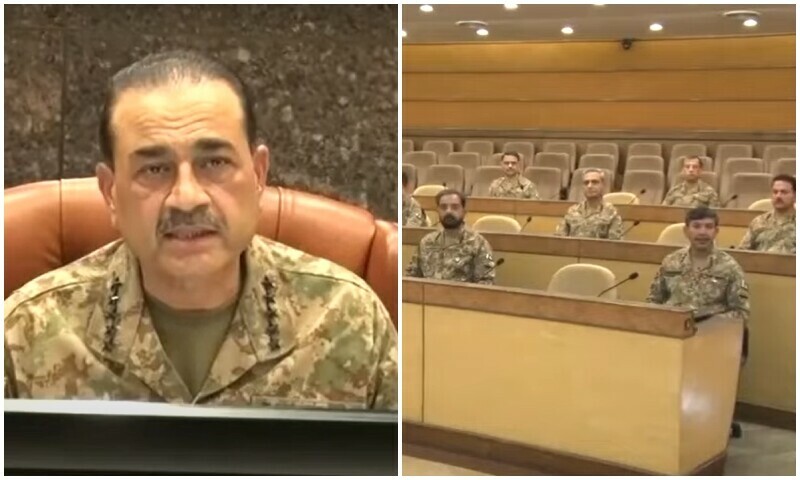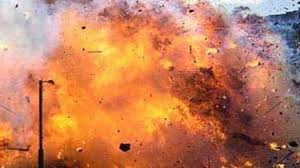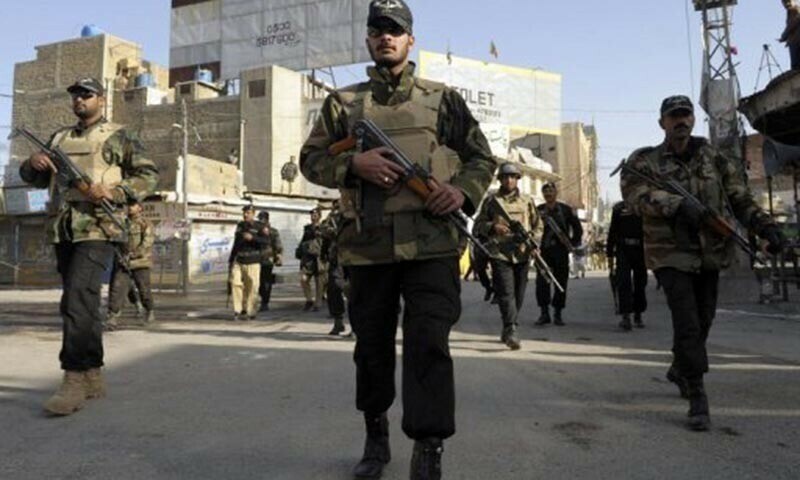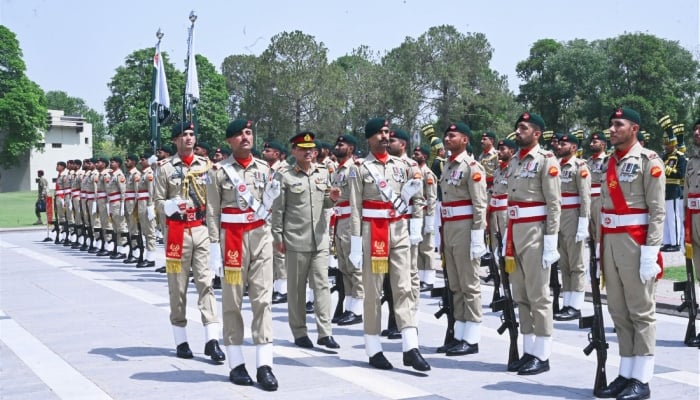MILITARY

Pakistan’s military and political leadership issued strong statements vowing to crush terrorism after a deadly bombing near Khuzdar claimed the lives of six individuals — including three school students — and injured over 40 others, mostly children. The explosion targeted a school bus en route to the Army Public School in Khuzdar Cantonment.
The tragic incident occurred just a day before the 270th Corps Commander Conference (CCC) chaired by Chief of Army Staff (COAS) Field Marshal Asim Munir at the General Headquarters in Rawalpindi. According to the Inter-Services Public Relations (ISPR), the forum reviewed internal and external security challenges, especially in the wake of Operation Bunyanum Marsoos and the recently concluded conflict dubbed Marka-i-Haq.
The ISPR strongly condemned the Khuzdar bombing, blaming India’s alleged use of covert, state-sponsored terrorism to destabilize Pakistan. “India, the so-called victim of terrorism, is in fact the chief perpetrator and epicentre of regional instability,” the statement said.
The military vowed to pursue all proxies and facilitators of terror with “unrelenting resolve,” declaring that Pakistan “will never allow its peace to be compromised by externally-sponsored terrorism.”
The forum also highlighted ongoing human rights violations in India-occupied Kashmir and emphasized the urgent need for international intervention to prevent escalation in South Asia.
Promotion to Field Marshal
In a historic development, COAS Asim Munir was formally elevated to the rank of Field Marshal, the highest ceremonial military rank in Pakistan, only awarded once before — to General Ayub Khan in 1959.
A special ceremony held at the Presidency in Islamabad on Thursday saw President Asif Ali Zardari and Prime Minister Shehbaz Sharif presenting the baton of command to Munir in recognition of his leadership during Operation Bunyanum Marsoos and the confrontation with India during Marka-i-Haq.
Speaking on the occasion, PM Shehbaz praised Munir’s leadership:
“You have led our brave armed forces to a remarkable victory against an enemy caught in its own web of arrogance. This was not just a military triumph but a diplomatic and moral one as well.”
President Zardari echoed the sentiments, stating,
“Your military career is forged with courage and defined by wisdom. You defended Pakistan’s sovereignty with honour during one of the most challenging periods in our history.”
Rising Terror Threat
Pakistan has seen a sharp resurgence in terror attacks, particularly in Balochistan and Khyber Pakhtunkhwa, following the breakdown of the ceasefire with the outlawed Tehreek-i-Taliban Pakistan (TTP) in 2022.
The country ranked second on the Global Terrorism Index 2025, recording a 45% surge in deaths, with 1,081 fatalities in the past year. However, April 2025 saw a temporary decline in both attacks and casualties, according to the Pakistan Institute for Conflict and Security Studies (PICSS).
The Prime Minister’s Office blamed the Khuzdar attack on “state-sponsored proxies of India (Fitna al Hindustan)” and reiterated the government’s determination to eliminate all such threats.




